|
‘Just like seasons change in nature, they change in our lives as well. And, as they change, they ask different questions of us. What questions is your life asking of you now?’ (Funmi Johnson) I had a great conversation with Funmi, a fascinating and inspiring fellow coach, this afternoon and found her question (above) very thought-provoking. I’m at an age where legacy is a persistent question that calls out to me with growing insistence…and demands a response. Am I genuinely living my life authentically according to the mission and values that I claim to be real and true? Or am I compromising too much of what matters most, deluding myself with a clever façade that even I have found convincing? How deep will my spiritual footprint be? I love Funmi’s question. It stirs the waters and ignites a search.
12 Comments
'The supreme happiness of life is the conviction that we are loved.' (Victor Hugo) Bursting with excitement would be an understatement. These poor Filipino children today know that something very special is about to happen, but neither they nor their families know what it will be. Living in a very poor community that exists at subsistence level in a cemetery, they don’t normally expect to be seen, let alone be treated to gifts. When Jasmin, her daughter and her small team of helpers appear, the whole community goes wild. Supported by friends in the UK and Germany, every one of the 127 children receives a mattress to sleep on. Christmas gifts and food parcels are distributed too. With wide smiles of joy, the whole community springs spontaneously into song and dance. God is amazing. Love in action. We can be hope. ‘What is the human being? In our anti-metaphysical age, we regard the question as having little importance. It is, however, the most crucial of all.’ (Felipe M. De Leon) A good friend in the Philippines – St. Paul as I affectionately call him because of his dedication to the Jesus and the poor – works with student educators, teachers of the future. Today, he supported his students to create their own art exhibition as a way of exploring the relationship between art and humanities. It’s a topic that interests me too. I’ve travelled and worked in many different countries in the world but I’ve never encountered a culture as vibrantly and spontaneously artistic and creative as the Philippines. Music, dance and colour are everywhere, and with such natural richness of talent. I find myself wondering – why is this? By stark contrast, in terms of art, my own part of the world can appear and feel quite cerebral, introverted and restrained. (I notice that even using the word ‘feel’ in that sentence can feel edgy and a bit risky in my context.) St, Paul’s students, like so many others I’ve had the great privilege of encountering in the Philippines, inspire me by their passion, energy and uninhibited emotional expression. They danced for me on my birthday even though I’ve never met them before, rather than offering me a simple written greeting. They bring the ordinary things of life to life. In ‘Life as Art’, Felipe M. De Leon makes similar observations and explores cultural and contextual conditions that contribute to this gift-phenomenon. In Filipino society, in which, ‘a person learns to develop an expanded sense of self – a sphere of being which includes not only his (or her) individual self but encompasses immediate family, relatives, friends…closeness to others allows (one) to be more trusting, open and freely expressive. Arts and crafts are richest, most creative and diverse in communal cultures. Food is tastier, speech more melodic and things of everyday life more colourful.’ De Leon goes on to comment on other distinctive dimensions of Filipino culture and spirituality that also play a part. Yet there’s something about the relational dimension that resonates very powerfully with me. I notice when I work with people and groups that, if they feel genuinely loved, valued and involved, they often find themselves at their most free, experimental and creative too. Conversely, if they feel isolated, undervalued or excluded, they are more likely to become defended, closed-in or shut-down. These amazing Filipino students have a lot to teach the Western world, and me…and I’m still learning. ‘Human existence is always directed to something, or someone, other than itself – be it a meaning to fulfil, or another human being to encounter lovingly.’ (Viktor Frankl) Existential coaching is a powerful and introspective approach that can empower individuals and groups to confront life's fundamental questions, find meaning and embrace personal and social responsibility. Rooted in existential philosophy, this coaching method guides clients through self-exploration, enabling them to confront their fears and uncertainties and make authentic choices aligned with their values. Here are some examples of existential coaching questions:
Existential coaching recognizes that we all face inherent dilemmas, and embracing these challenges can lead to personal and social growth. Using this approach, the coach serves as a supportive ally, helping clients to confront their concerns, explore their inner personal-cultural truths and develop a deeper understanding of themselves. The client can learn to navigate life's complexities with greater clarity and intention, leading to a more meaningful and purposeful life. [Further reading: Monica Hanaway, The Handbook of Existential Coaching Practice (2020); Yannick Jacob, An Introduction to Existential Coaching (2019); Emmy van Deurzen & Monica Hanaway, Existential Perspectives on Coaching (2012)] ‘The purpose of life is not to be happy. It is to be useful, to be honourable, to be compassionate, to have it make some difference. That’s what it is to live and to have lived well.’ (Ralph Waldo Emerson) Life is hard-edged for the poor. The last person who reached out to this marginalised community was stabbed. That was an unhappy ending to a hope-filled good intention. Not deterred by this, a Filipina saw the unseen, the unloved, the people considered criminal, unworthy and unlovable. She was warned to stay away from this mixed group of families who eek out a living among the dead, and the dangerous gangs who wouldn’t hesitate to end her life. Nevertheless, she heard Jesus' call so she went. Not long afterwards, she stepped off public transport near this place only to witness, beside her, a woman shot dead in a hail of bullets. She learned later that the woman was killed by drug dealers, concerned she might disclose their identities to the authorities. Scared yet persevering, this Filipina has persisted in reaching out in love, building friendships, ‘sacred encounters’, as she calls them, and providing food and simple mattresses for those in greatest need. I ask her why she does it. ‘I want to show them the living Jesus walking among them, the Jesus who loves them and cares for them. I want them to know that they matter to God.’ I’m humbled, challenged and inspired (from a safe distance) by her courage and self-sacrificing love. I keep reflecting on Bob Hunter’s (founder of Greenpeace) radical stance: ‘Put your body where your mouth is.’ That’s what Jesus did – the Incarnate divine – and that’s what she’s doing now. ‘How is that human systems seem so naturally to gravitate away from their humanness, so that we find ourselves constantly needing to pull them back again?’ (Jenny Cave-Jones) What a profound insight and question. How is that, in organisations, the human so often becomes alien? Images from the Terminator come to mind – an apocalyptic vision of machines that turn violently against the humans that created them. I was invited to meet with the leadership team of a non-governmental organisation (NGO) in East Africa that, in its earnest desire to ensure a positive impact in the lives of the poor, had built a bureaucratic infrastructure that, paradoxically, drained its life and resources away from the poor. The challenge and solution were to rediscover the human. I worked with a global NGO that determined to strengthen its accountability to its funders. It introduced sophisticated log frames and complex reporting mechanisms for its partners in the field, intended to ensure value for its supporters and tangible, measurable evidence of positive impact for people and communities. As an unintended consequence, field staff spent inordinate amounts of time away from their intended beneficiaries, completing forms to satisfy what felt, for them, like the insatiable demands of a machine. The challenge and solution were to rediscover the human. A high school in the UK invited me to help its leaders manage its new performance process which had run into difficulties. Its primary focus had been on policies, systems and forms – intended positively to ensure fairness and consistency – yet had left staff feeling alienated, frustrated and demoralised. We shifted the focus towards deeper spiritual-existential questions of hopes, values and agency then worked with groups to prioritise high quality and meaningful relationships and conversations over forms, meetings and procedures. The challenge and solution were to rediscover the human. Academics and managers at a university for the poor in South-East Asia had competing roles and priorities, and this had created significant tensions as well as affected adversely the learning experience of its students. The parties had attempted unsuccessfully to resolve these issues by political-structural means; jostling behind the scenes for positions of hierarchical influence and power. They invited me in and we conducted an appreciative inquiry together, focusing on shared hopes, deep values, fresh vision and a co-created future. The challenge and solution were to rediscover the human. Where have you seen or experienced a drift away from the human? Curious to discover how I can help? Get in touch! ‘The people living in darkness have seen a great Light; on those living in the land of the shadow of death, a Light has dawned.’ (Matthew 4:16, the Bible) ‘Death is a thick black wall, against which every soul is hurled and shattered.’ I don’t now remember who said that, but I do remember my philosophy lecturer quoting it when we studied existentialism. These are very dark words indeed and have, for me, a deeply foreboding and chilling feel to them. I sat down and avidly wrote an essay in response, doing my best to present what, I believed, were convincing rational arguments to counter such a nihilistic and hope-less outlook. When I got my paper back, the mark was nowhere near as high as I had hoped for or expected. The lecturer had commented simply yet profoundly that an existentialist writer would have absolutely no interest in my reasoning. It’s not about objectivity or logic. It’s about how it is and feels to be in the world; a phenomenological cry of angst in the face of fragile, fathomless, futility. It was as if, in my attempt to offer ‘correct’ thinking, I had totally missed the point. It never was about thinking. As the years have passed by, I too have known that angst, at a times an almost irresistible magnetic-like pull towards my own death. Sometimes, it has felt like half-clinging on weakly to avoid being pulled over the edge. In the face of unbearable and irreparable heartbreak, suicide can feel like a least-painful solution. Tom Walker’s moving song, Leave a Light On has deep emotional resonance here. Jesus is my life-saving Light. ‘At the end of the day, it’s either God or death.’ (James Wallace). Whatever Advent means to you, Light shines in darkness. Hold onto hope. ‘I turned my head and saw yet another wisp of smoke, on its way to nothingness…’ (King Solomon) On three separate occasions, a female grass roots activist in the Philippines was followed at night by strangers: men on motorbikes. As she walked alone, they would ride slowly and menacingly behind her, aiming to threaten and intimidate her into silence. She had taken a very public stance against corruption in high places – a stance that, for other activists in her country, had resulted in a deadly blade or a bullet in the back from a passing motorcyclist. Undeterred, this young woman turned around and confronted the bikers, fearlessly: ‘Even if you kill me, you can’t take my life.’ She’s a radical follower of Jesus who has chosen a determined, startling and courageous life stance at the cutting edge of faith. It stands in stark contrast to the greyness of nothingness that the writer of Ecclesiastes speaks to at the start of this blog. It’s a spiritual-existential stance that holds the potential to transform…everything. Zoom out now, back to our own lives. Strip back the trappings and tear away the superficial facades. What lays behind and beneath for us? This is the deep stuff of spiritual and existential coaching. It touches on fundamental questions: identity, meaning, purpose and stance. ‘Human life must be risked if it is to be won.’ (Jürgen Moltmann). ‘If you risk nothing, then you risk everything.’ (Geena Davis). I don’t want my life to be a wisp of smoke. You? (See also: Deep; Spirituality in coaching; Existential coaching) ‘Work-life balance’. What's that all about? Picture this: I have my work perched at one end of the see-saw that somehow represents my life and my…erm…my life perched precariously at the other. On the face of it, it signifies that my work is completely and utterly devoid of anything that comes close to life and, similarly, that my life is hermetically sealed off from work. I guess I could re-draw the image so that there’s a blurry, permeable bit between the two ends but, even so, it still depicts my work and my life as a polarity, distinctly different and at opposite ends of a spectrum.
OK, I’m being a bit playful here. I get the idea – to help ensure that we pay attention to different aspects of our lives, in particular to avoid work taking over our whole lives. There are echoes of biblical principles of Sabbath in this, safeguarding a space for spiritual, psychological, physical and social refreshment, enrichment and restoration. It poses important questions in modern day, post-modern life, especially against a backdrop of increasing mental and physical health costs of a non-stop lifestyle, e.g. how to do ‘Sabbath’ meaningfully in the midst of 24hr connectivity? Post script: Now here’s a weird thing. When I typed ‘work-life’ into my phone, it auto-corrected to ‘worm-like’. I know what you’re thinking: I really need to get out more – and you may well be right. But what occurs to me is that a worm lives most of its life inside a tunnel in total, relentless darkness. By contrast, there’s something for us here about how to discover and create light, freedom, meaning and purpose in whoever we are, in whatever we are doing. The question then is how to be alive in its widest, deepest, most holistic sense in all aspects of our lives - including in our work. How do we do it? I unexpectedly found my eyes 'sweating' as I first saw my Twitter feed this morning. First shock. Deep breaths. Then disbelief. Then numbness. Then fighting back tears. Stepping onto the train in a daze. Lost for words. David Bowie is dead.
Tributes pour in from across the world to a man, an artist, who touched so many people’s lives. From my earliest teens until now, so many life memories are etched with his music, his imagery, his artistry. Words, often veiled in mystery, expressing hopes, fears, dreams – life. I didn’t know Bowie personally. Yet for those who loved his gift to the world, his astonishing talent, he became woven intimately into the fabric of our lives. His death is a sharp tearing of the fabric, a feeling that something of our own lives has died with him. So public and personal grief touch here, hand in hand. This evening, this day, we mourn the loss of an extraordinary man. I know: tomorrow the news and our lives will move onto different stories. Yet, in our hearts, something - somehow - will have changed. |
Nick WrightI'm a psychological coach, trainer and OD consultant. Curious to discover how can I help you? Get in touch! Like what you read? Simply enter your email address below to receive regular blog updates!
|
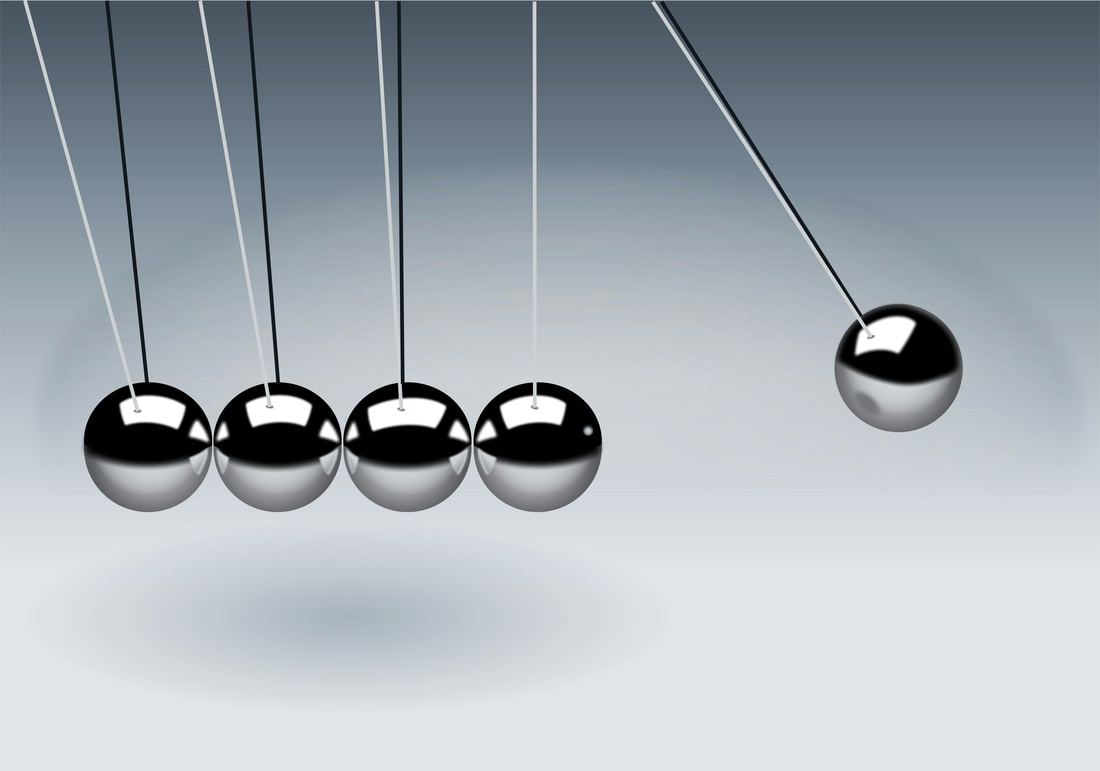

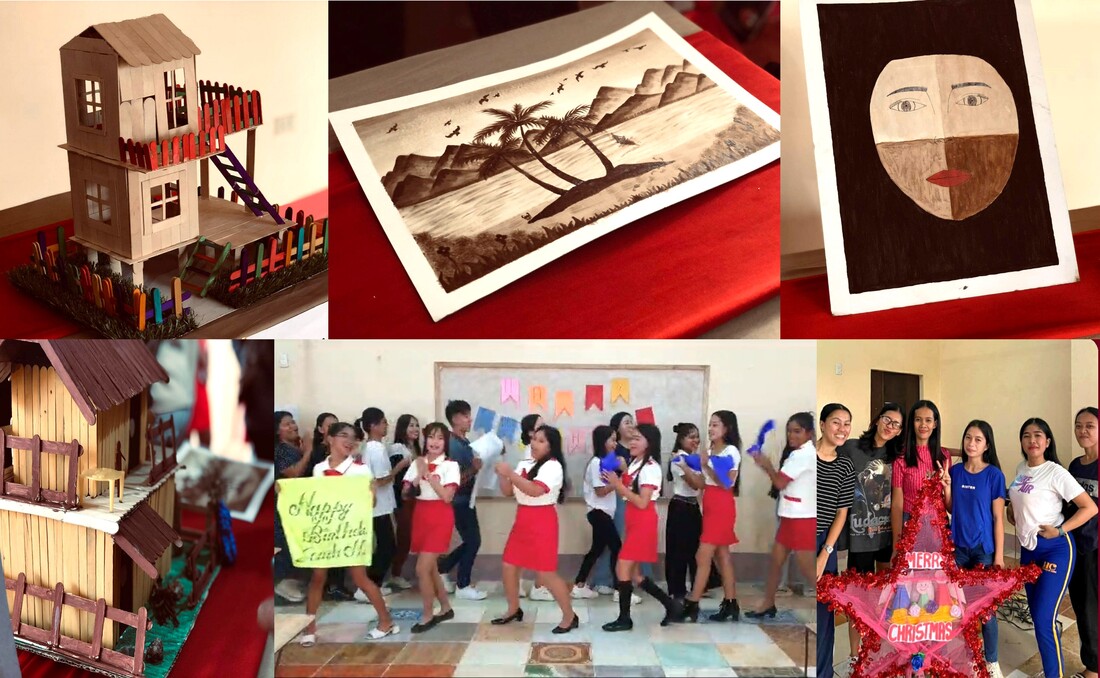
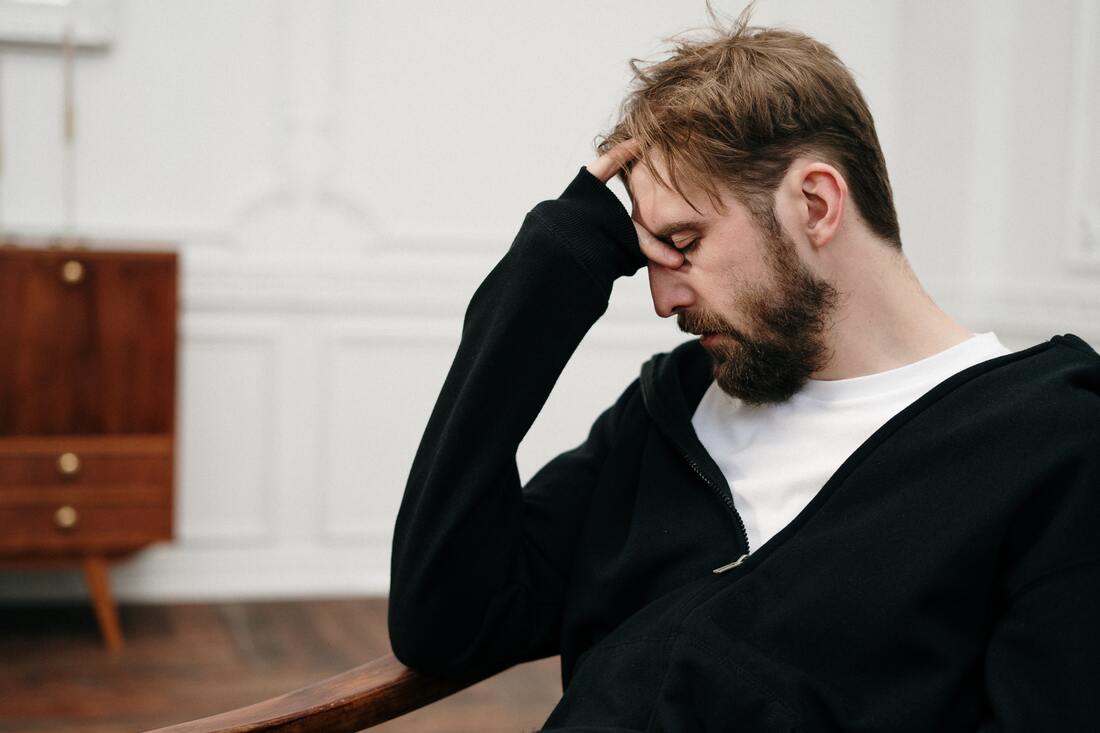


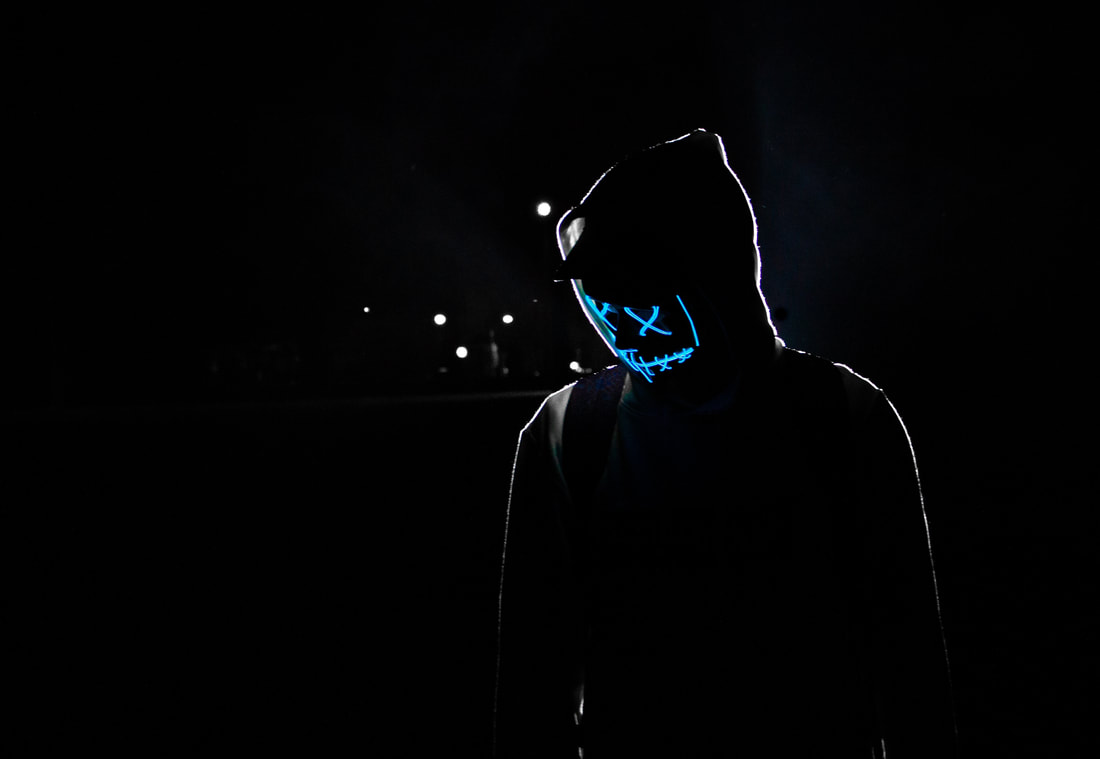
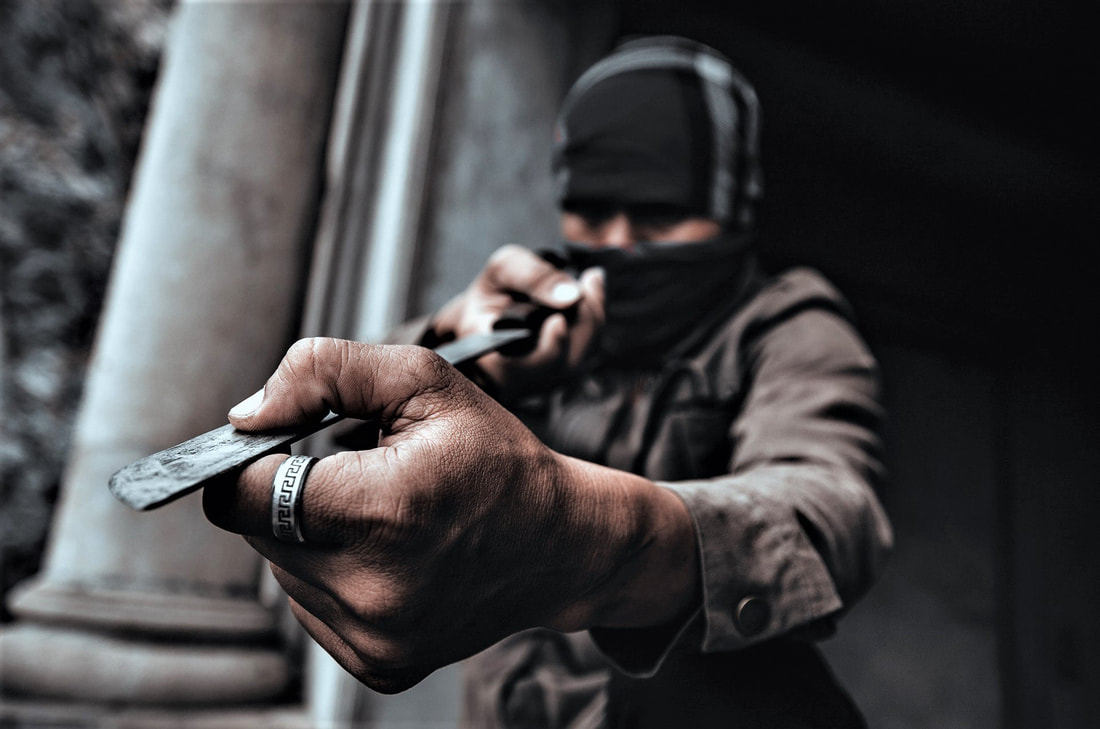



 RSS Feed
RSS Feed